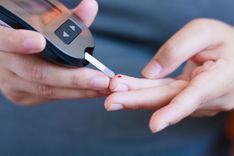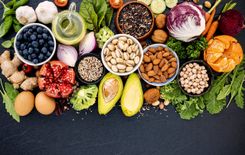How to have a healthy Eid
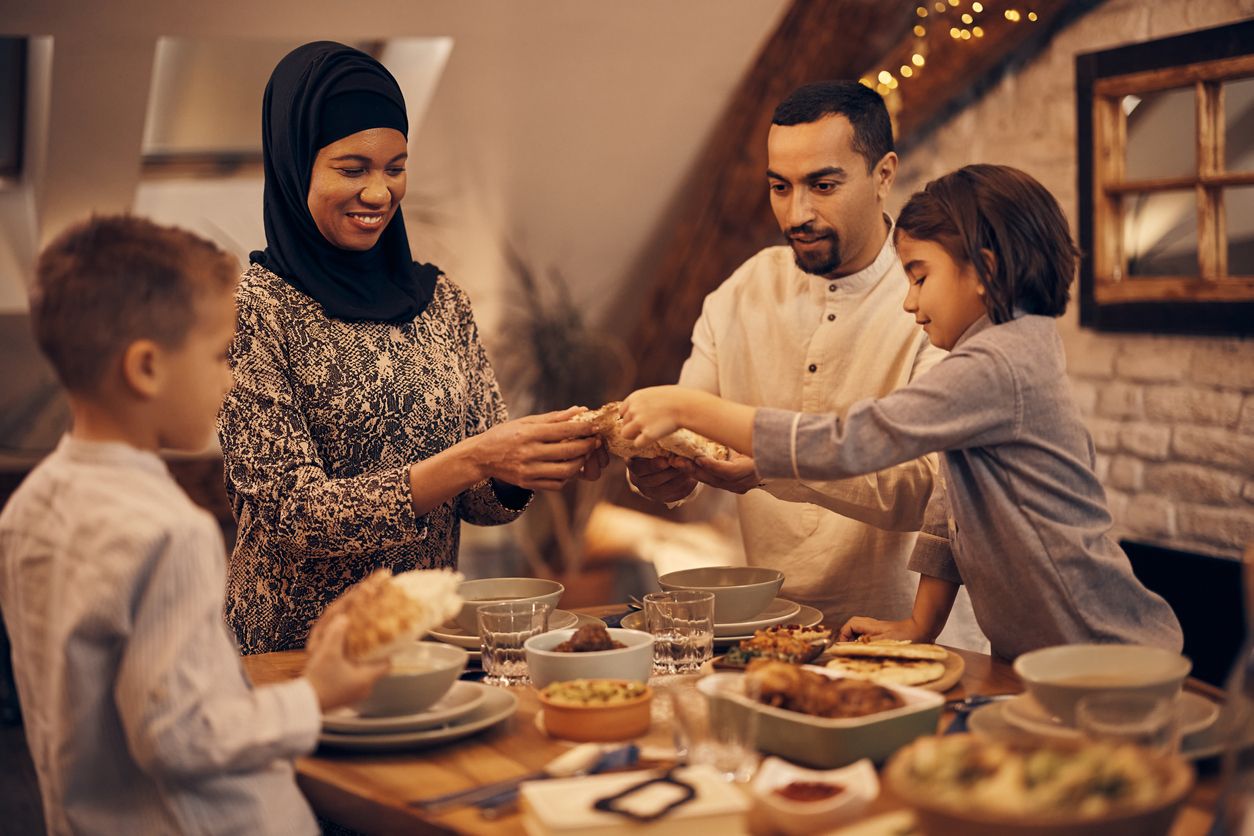
Eid al-Fitr is a festival that marks the end of Ramadan and is celebrated with joy and excitement by Muslims all over the world. It is a time when families come together to share traditional food and sweet treats. However, for those who are watching their carb intake, it can be a challenge to enjoy the festivities without compromising their health goals. In this article, we will share some tips on how to have a healthy Eid day with low carb options.
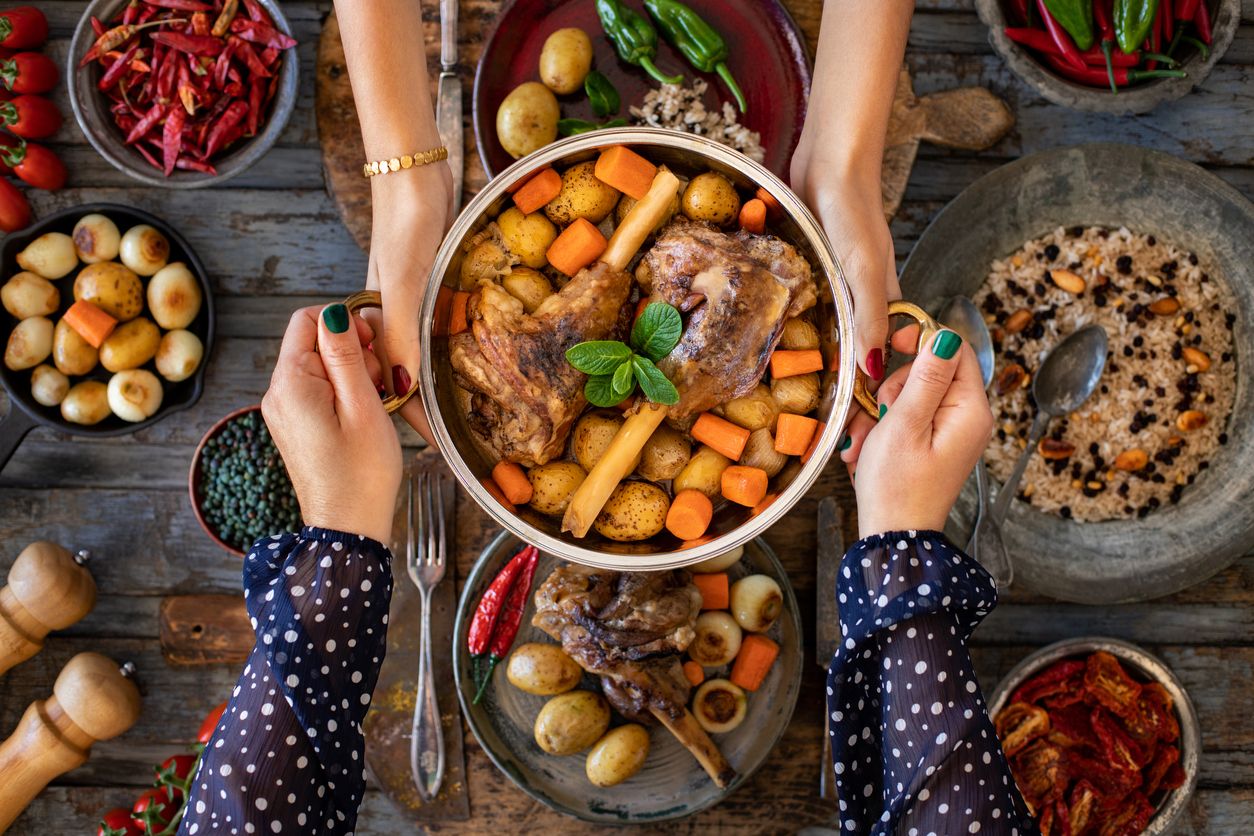
1. Start your day with a protein-rich breakfast
Starting your day with a protein-rich breakfast is a great way to keep your carb intake low. Protein also helps to keep you full for longer and reduces cravings for sweet treats, thus supporting you with better appetite control. Some great low-carb breakfast options include eggs, Greek yoghurt, and avocado toast on low carb bread.
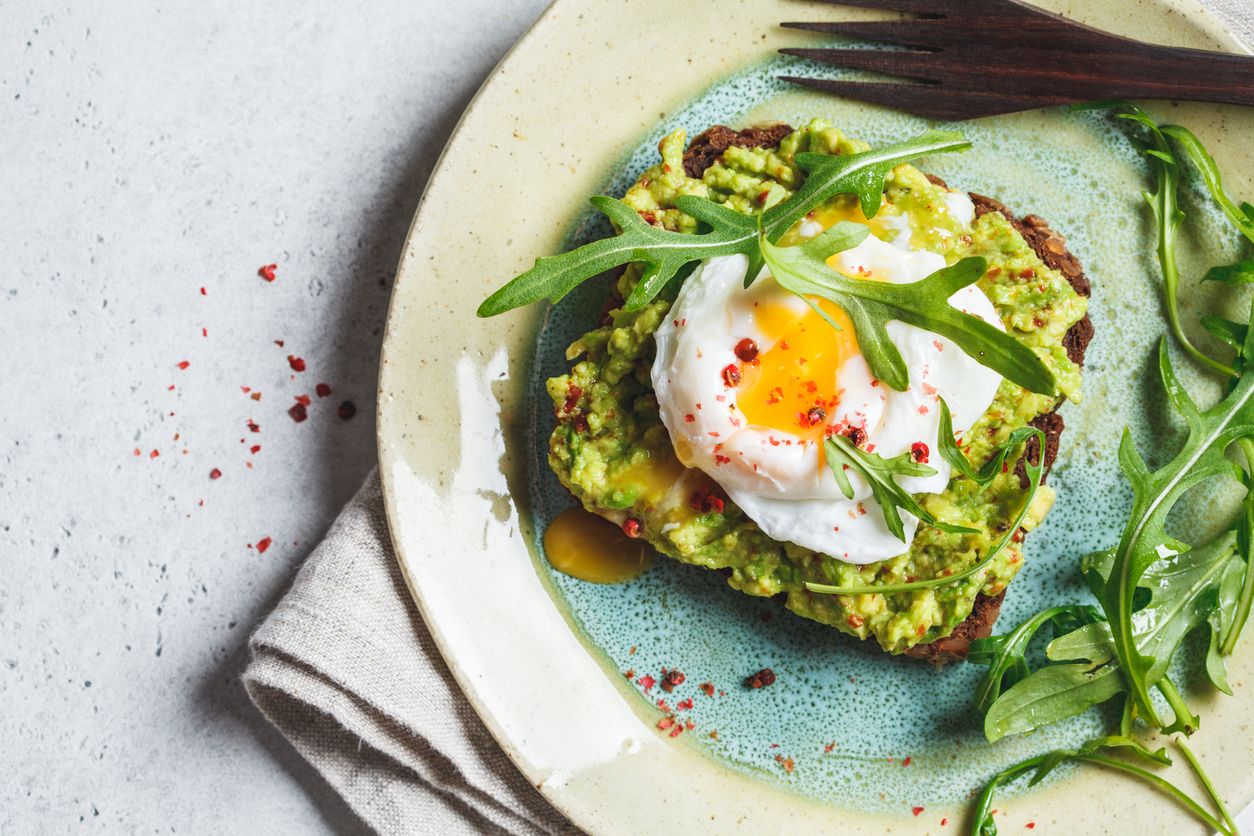
2. Get some steps in
When you are joining in with the Eid prayer, if it's within walking distance - why not try walking to the Mosque? Or if you are driving, park a little further. Another way to get movement in is after enjoying the delicious Eid meals with your family, perhaps try suggesting going for a walk or visiting any Eid festivities held at local parks. The movement you do will aid with digesting and metabolising the food you have just eaten.

3. Sharing is caring
Traditional Eid treats like barfi, mithai and baklava can be made from a lot of condensed sweetened milk, ghee, white sugar, and flavourings. If you are offered a barfi or baklava, rather than eating the whole sweet, why not try sharing with someone? After all, festivities are great when you are enjoying and sharing food with your loved ones. Sometimes simply having a few bites can satisfy the craving.
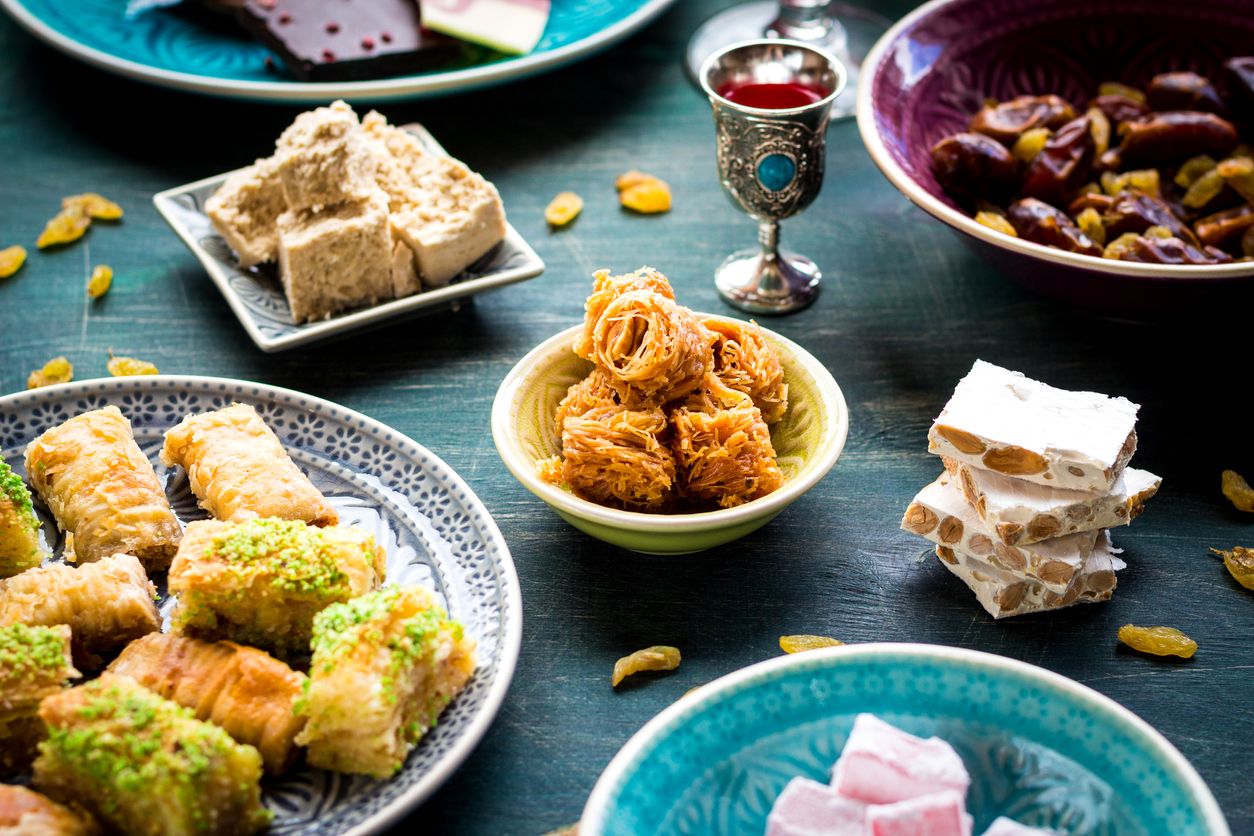
4. Swap out traditional dishes for low-carb alternatives and opt for healthier cooking methods
Traditional Eid dishes can be high in carbs, but with a little creativity, you can make low carb versions of your favourite dishes. For example, instead of traditional biryani, try making cauliflower rice biryani (or try a 50/50 mix of cauliflower rice and basmati rice) or replace the regular flour in samosas with almond flour, instead of frying in oil perhaps try the air fryer or oven.
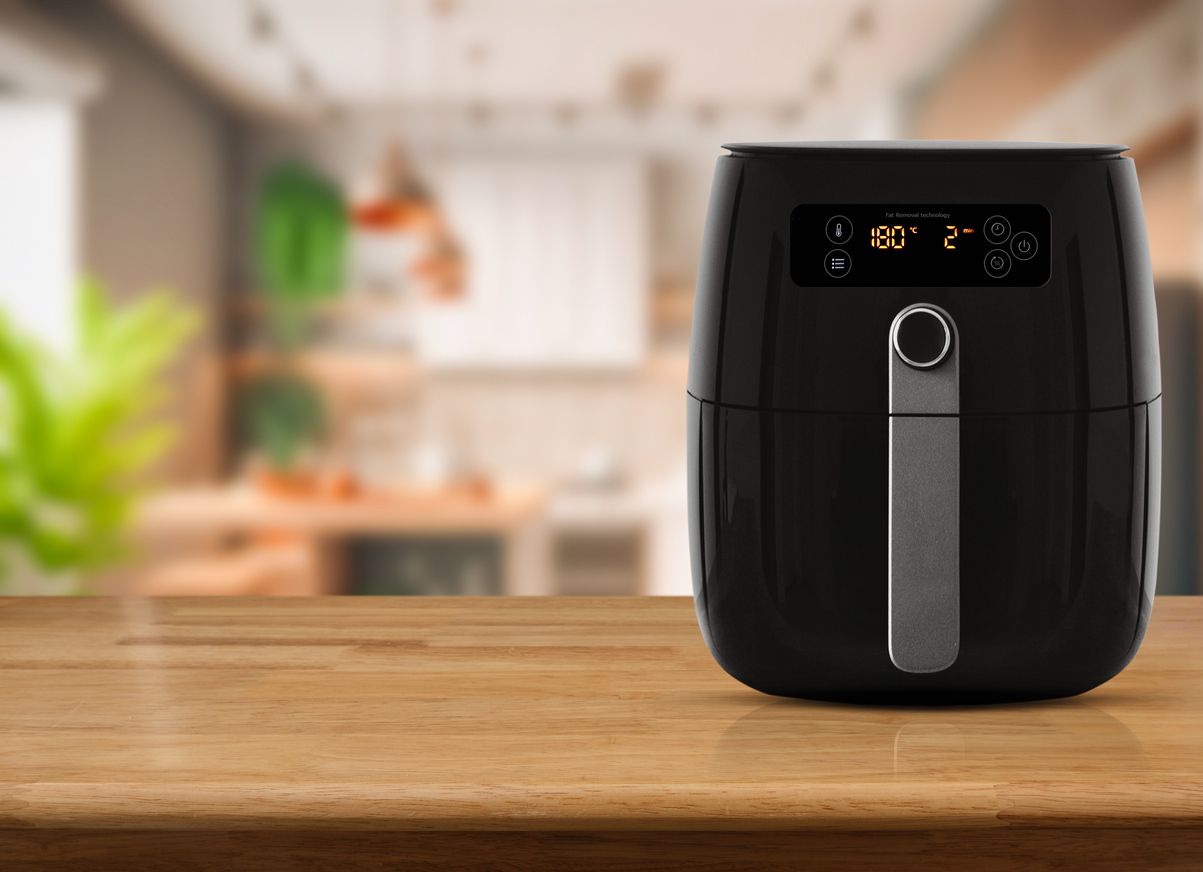
5. Add some veggies
Vegetables are a great way to bulk up your meals without adding extra carbs. Load up on low carb vegetables like spinach, broccoli, and cauliflower to increase your fibre and nutrient intake. Not only will this support you with appetite control but also nourish you with meeting your fibre goals which will support appetite control and overall gut health.
Portion control is crucial when it comes to a low carb diet. Even if you're eating low carb foods, consuming large portions can quickly add up your carb intake. Use smaller plates and take your time while eating to avoid overeating.
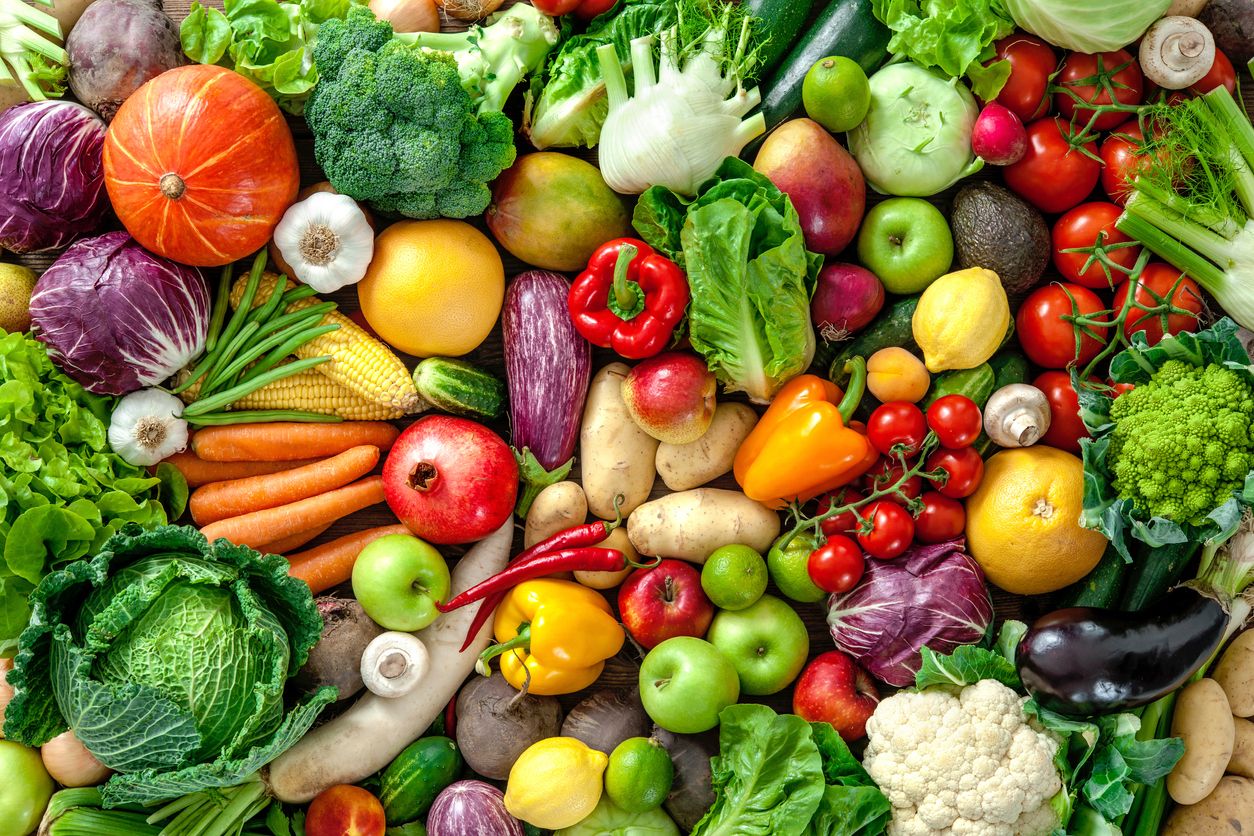
6. Stay hydrated
Drinking plenty of water initially is essential for maintaining good health, especially when following a low carb diet. Dehydration can lead to headaches, fatigue, and cravings for sweet treats. Be wary of sweetened beverages like falooda and desi tea as these can contain a lot of added refined sugar. Try opting to drink out of small cups in smaller amounts, followed up by hydrating yourself with water. Aim to drink at least 8 glasses of water per day to stay hydrated.

The bottom line
Eid al-Fitr is a time to celebrate with family and friends, but it's also important to take care of your health. By following these tips, you can enjoy the festivities without compromising your health goals. Remember to start your day with a protein-rich breakfast, choose low-carb snacks, swap out traditional dishes for low-carb alternatives, load up on veggies, choose lean protein sources, practice portion control, and stay hydrated.

Wishing you a happy and healthy Eid al-Fitr!

